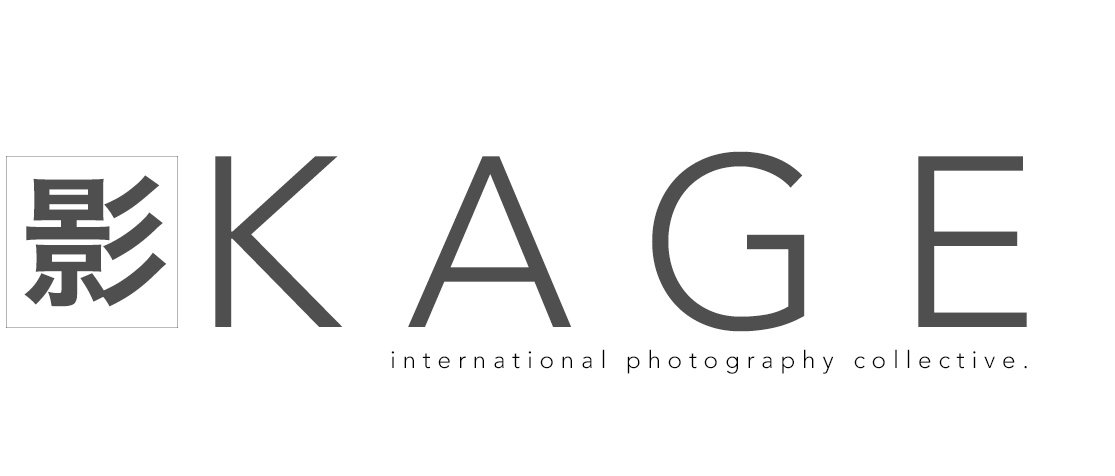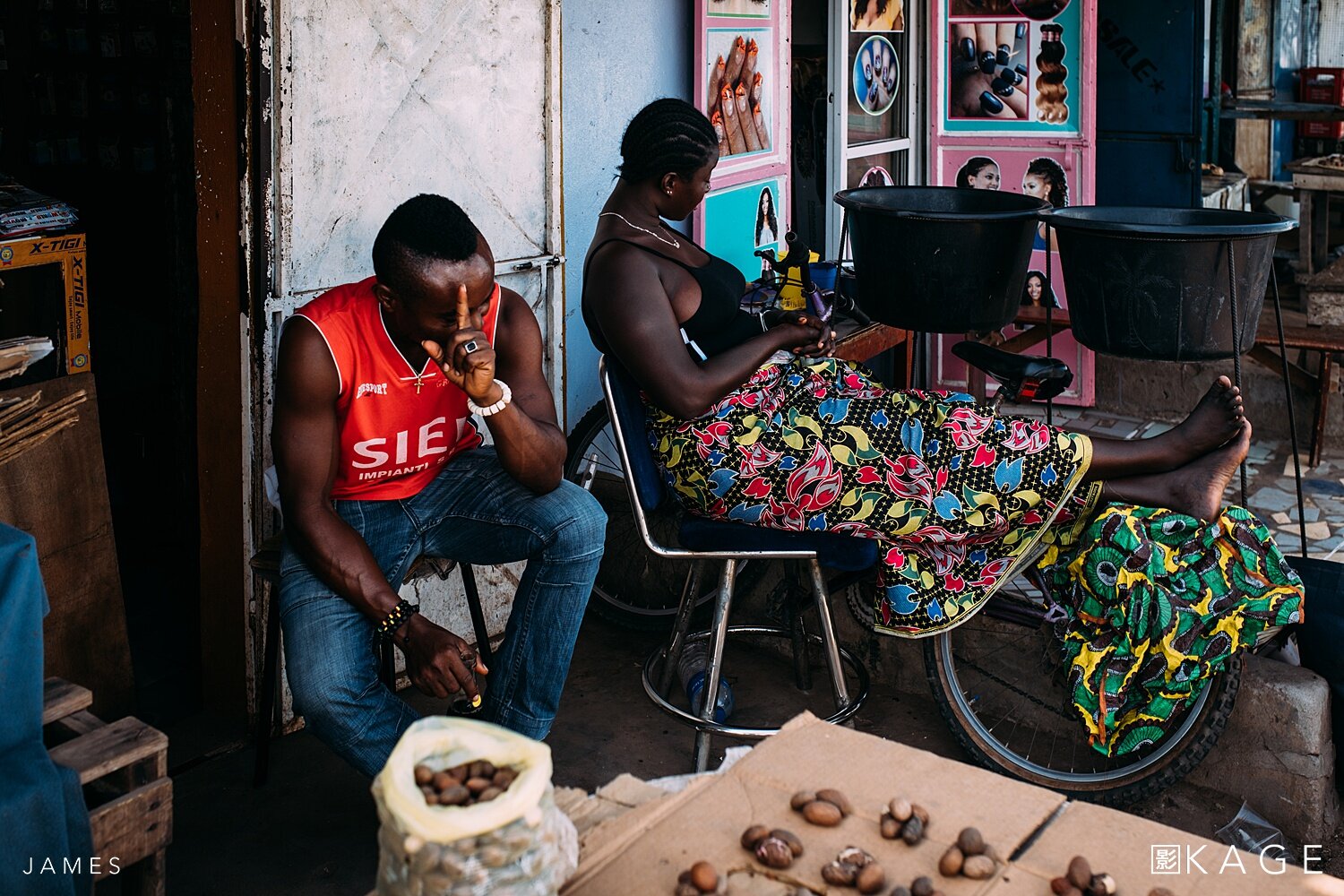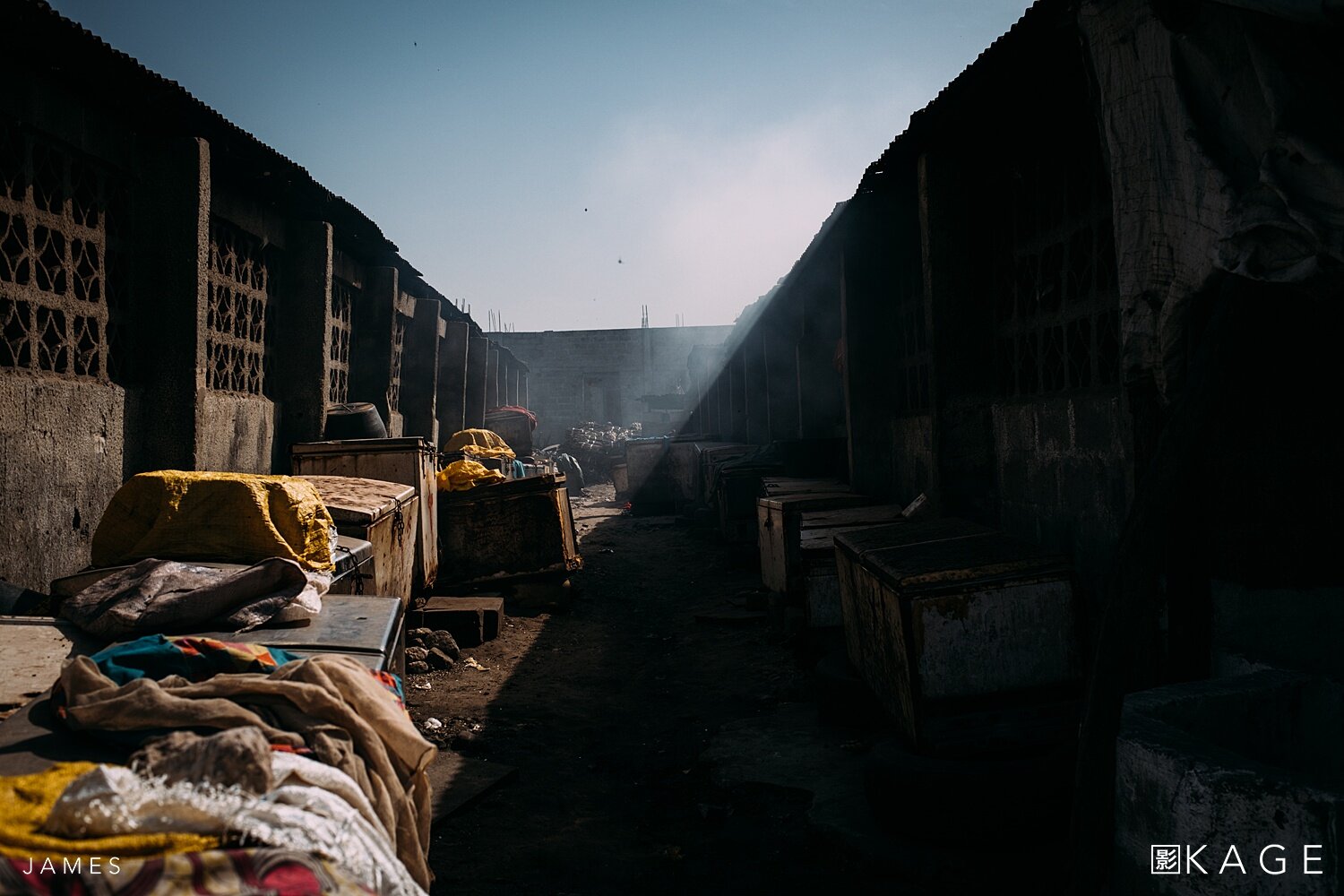PHOTOGRAPHY & WORDS NEALE JAMES
“The ferry has a poor safety record,” said our UK Foreign Office on a website offering travel advice to those visiting The Gambia. “If you do decide to use the ferry, exit your vehicle quickly after parking to avoid becoming trapped inside for the duration of the journey and don’t use the ferry after dark.”
I had no car aboard to consider for this short three mile ferry journey between the country’s capital Banjul and a small trading village across the River Gambie, Barra on the opposite bank. It was daytime. The ‘crowds’ were unusually light outbound. What was to fear? Besides the old ferry had been, I thought, replaced with a new one.
We boarded. I ‘slipped’ my accompanying guide, who’d left our overheating Mercedes in a maze of streets close to the port, thinking I would have better opportunity to make pictures of my own choice, if I could just think without having to entertain or be entertained, which seemed a trifle unfair, since Forday, my driver and if you will local fixer had offered me only best intentions since being hired at eight that morning by my host and contact.
So there I sat on the top deck of the Barra routed ferry, observing calm waters and strong early morning sunshine, smiling into the cloudless sky, free, sharing space with dozens of locals, when BANG, the pain struck me on the very top of my follically challenged head, pretty much dead centre. If only I had remembered to sport my hat.
Apparently I had been savaged by a giant African wasp, of which there are many varieties; all without exception have a propensity to look low down mean. I felt it strike. It was like someone had brought down a fountain pen, nib first on to my skin with vicious intent. I’ve been stung by many insects, but this contact truthfully hurt. There was the sting, sharp, precise and like nothing I had encountered before. And then immediately there was a tightness as the swelling grew quickly. Apparently this wasp was the size of an adult forefinger, so said a kindly yet concerned fellow traveller who offered me a bite of cake, currency it seems on these modest voyages.
“That large,” I exclaimed? I winced.
All my Gambian neighbours had seen the altercation it seemed. I had turned from mild entertainment to charitable pity. Within moments I realised why this, the smallest country on the continent had been labelled the Smiling Coast of West Africa as locals railed to find ice to pack the sizeable growing lump. They sat with me and shared even more food and introduced me to the phrase Toubab, the West African term for a person of European descent. I sat there stung, but strangely pleased to have been so, as I had found connection.
Forday appeared. He looked at me and shook his head. I smiled, apologetically.
And for me, that defines this time. Not the sting, no not that, but the feeling of togetherness. I miss the connection. I miss being around people. I miss the travel. I miss The Gambia.
Incidentally if you ever find yourself in a bar quiz tussle where the question, ‘name all the countries in the world that start officially with The’ surfaces, there is only one other. Can you name it? (The U.S. The U.K. and The Netherlands do not count.)
I was in The Gambia, because I was working on a political documentary. I was travelling light, with two Fujifilm X-T3s and a handful of small sound recorders, so that I could remain reasonably low key and move about easily. My last visit was a year ago and I was hoping to return, exactly now - as it happens.
So I find solace in these pictures instead; research that as of this moment is attached to a project waiting for a world to open up. Moored, like I suspect the ferry may be.
I spoke with my contact to find out how life is in The Gambia during Covid times. He sent me back a picture of Forday, in full PPE gear, visor included, which for a driver in a Mercedes that no longer sports air conditioning on a day where the temperature and humidity had the same figure of 87, must be a trifle uncomfortable.
He was stood there, inanimate.
In a country with three hospitals, the alternative viral scenario warrants discomfort. It seems I won’t be travelling anytime soon.
I have plans for when I return and I do think of it as a when, not if. But there will undoubtedly be differences. The scheduled air route is no longer. One of the subjects, you may argue, the main one, has passed on. But I hope the wondrous nature of the Gambian people can be steadfast. I hope this time, this virus, this fear of togetherness we appear to have adopted globally, will not steal from them the character they have shown and needed to emerge from a rigorous cruel dictatorship.
If you have been to Africa, you will understand this and I’m lucky to have visited a number of countries on the continent now. Togetherness is a way of life in Africa. It is a glue. If you break down road side in The Gambia, you’ll find help is at hand immediately. Your problem is everyone’s. They are connected. Truly.
















